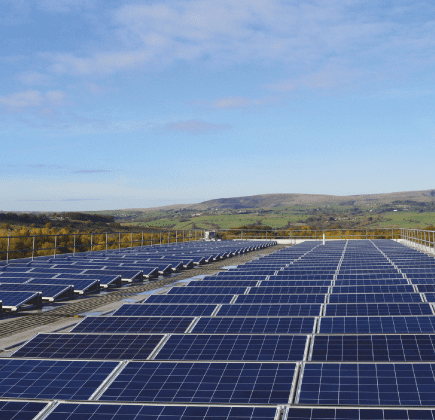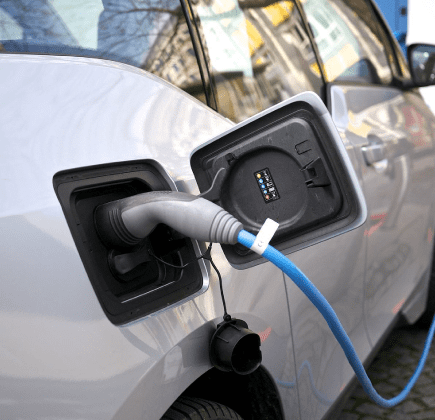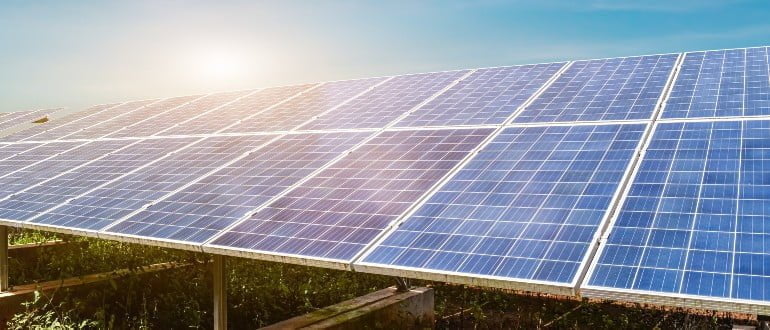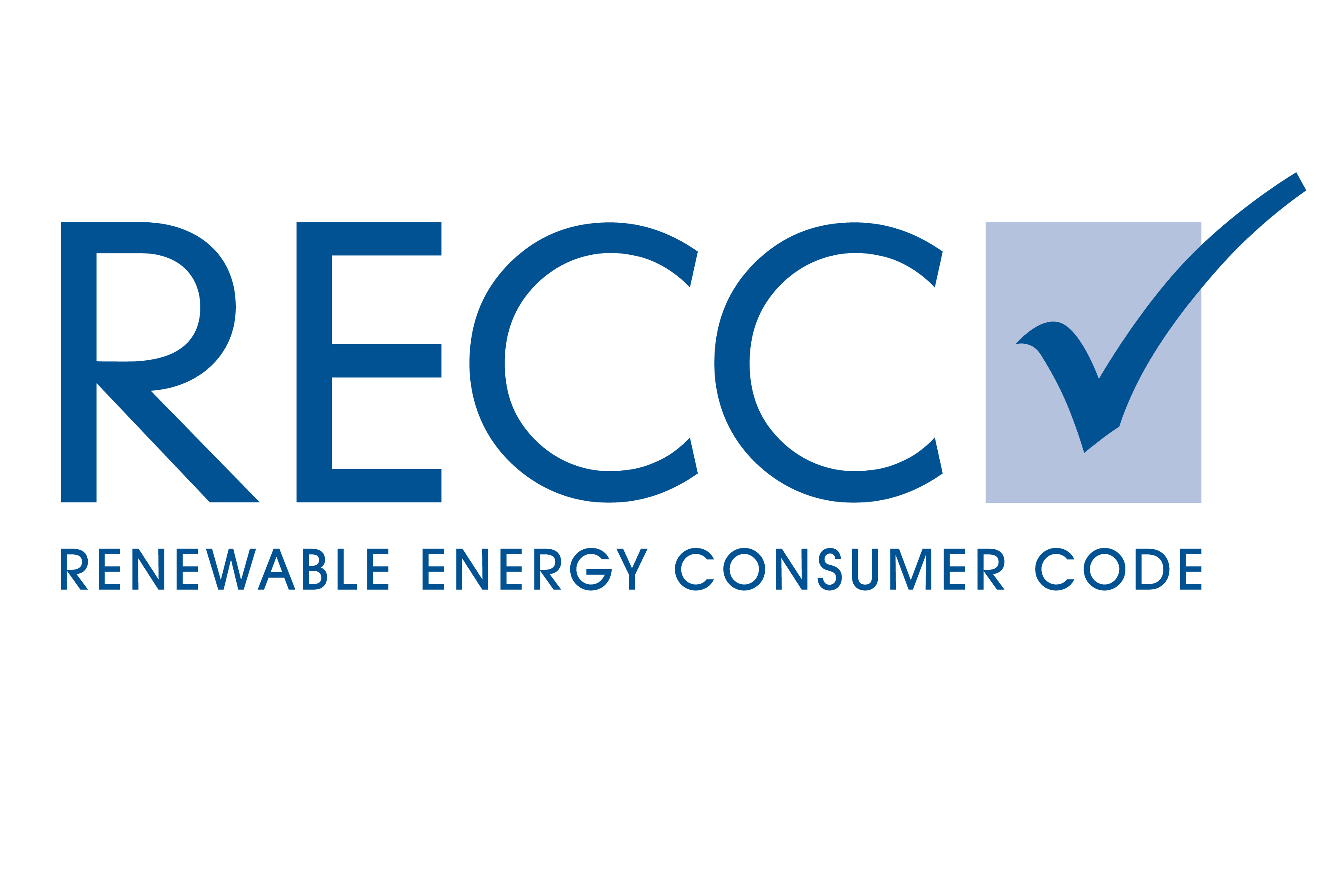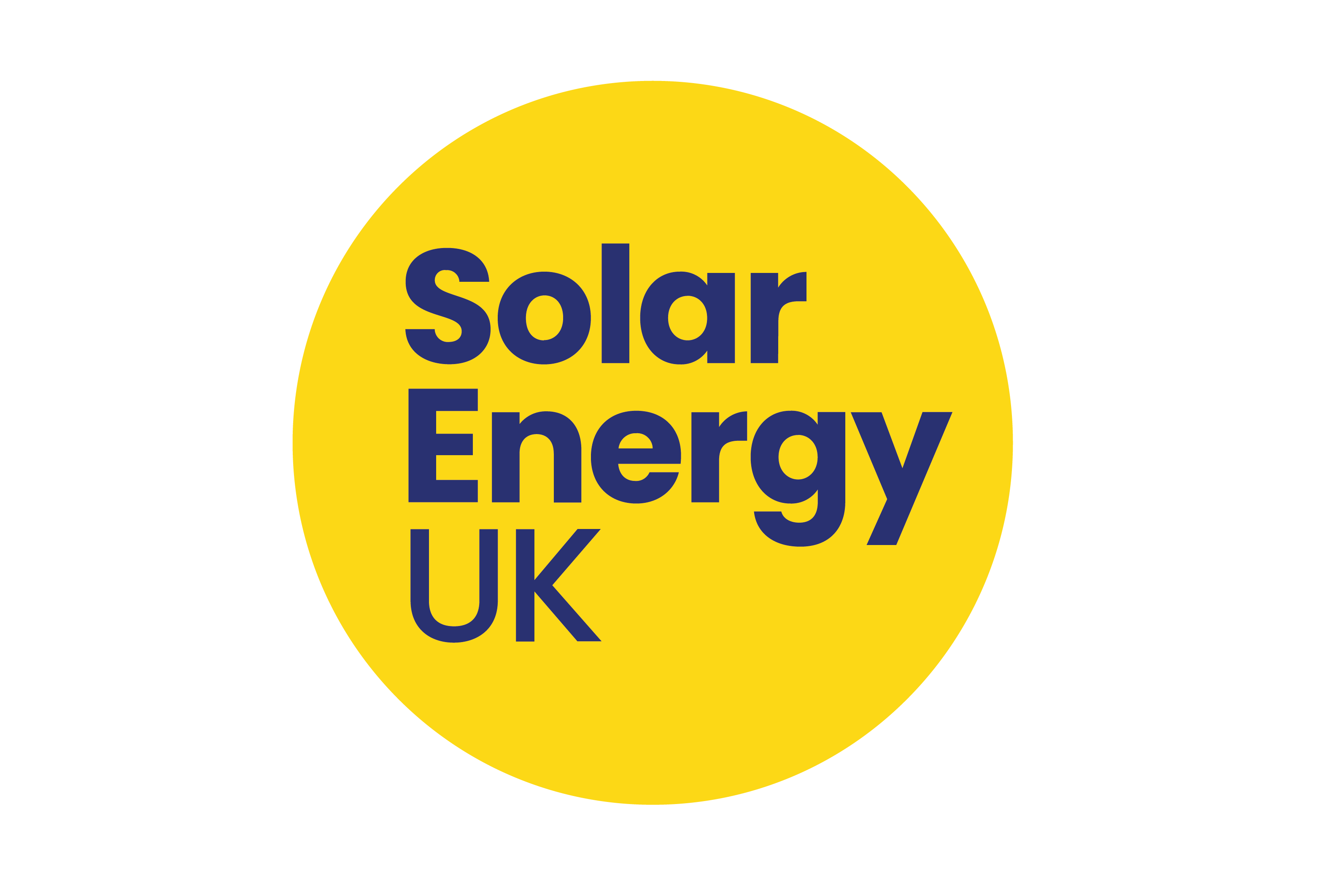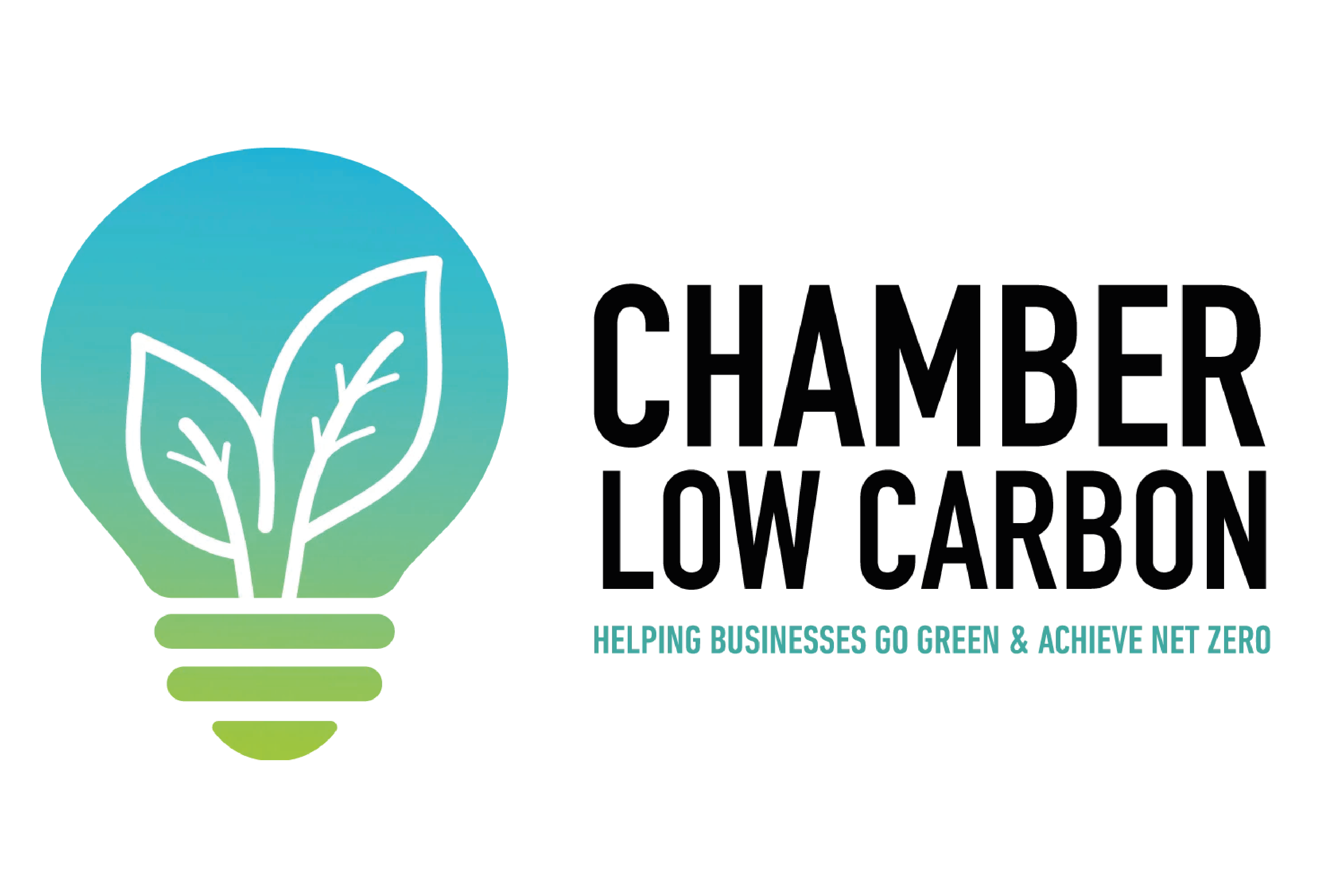
A quick roundup of all the key highlights of COP28 in 2023
This past week saw the conclusion of the 28th annual United Nations (UN) climate meeting, where governments discuss how to limit and prepare for climate change.

This year, it was held in Dubai, in the UAE (United Arab Emirates). It began on the 30th of November, and ended on the 12th of December 2023, having overrun just slightly in the closing few hours. It was a highly eventful conference, even by COP standards. While there were several controversies and outcries – as you’ll see – there were also some major positive steps made, some of which directly affect the future of commercial solar panels.
Now, one area there was no agreement on was carbon markets, where countries can buy or sell “carbon credits” – units representing a reduction of greenhouse gases – to meet their climate targets. Negotiators couldn’t quite reach a consensus on how credit markets would be supervised, and how different types of credits could be accounted for. Expect to see that one relatively high on the agenda for COP29 next year.
On the other hand though, here are the other key highlights of the conference, including the areas that did see significant progress this year.
The accusations about conflict of interest
We’d be remiss not to mention this one. If you’ve been watching the headlines, you may even remember there was major controversy before the summit even started, There was a bit of an outcry about the UAE’s presidency of the COP28 talks, mainly because the country is one of the top 10 oil and gas producers in the world – and observers quite fairly wondered how objective they could really be. Those concerns were only compounded by the fact that the president of the UN climate talks is Dr Sultan al-Jaber, who is the head of the giant Abu Dhabi National Oil Company (Adnoc).
What’s more, the BBC reported that leaked briefing documents showed Adnoc’s plans to discuss fossil fuel deals with 15 nations, which seemed, to put it politely, somewhat counterintuitive for a climate conference. Dr Sultan al-Jaber didn’t deny the plans either, but insisted he was committed to the progress of climate talks. Understandably, that did little to inspire confidence in attendees and observers.
The Loss and Damage plans
Despite the controversy surrounding the UAE’s stewardship of the event, there’s no denying that some major milestones were achieved at COP28. Landmark agreement to support vulnerable nations facing the worst impacts of climate change. Displacement, relocation and migration. Geographically diverse board will be established and the fund will be managed by the World Bank. First pledges from wealthy nations were made in Dubai, and currently at over $650 million.
Agreement of a climate finance target
The NCQG (New Collective Quantified Goal) has been the subject of much back-and-forth, but some substantial progress on it was finally made at COP28. It builds on the $100 billion pledged by developed nations to finance climate mitigation and adaption initiatives in developing nation. As a planet, we’ve still not met that goal, although we are on track this year. The main thing is that climate scientists agree that it still falls far short of what’s needed.
This year though, nations agreed to draft a post-2025 finance target ahead of the climate conference next year, so more details will be finalised then.
Global goal on adaptation
It’s been an unavoidable truth for some time now that some effects of climate change are now unavoidable, so there’s been an increasing focus in recent years on how countries can adapt to these changes, and what strategies can be adopted. The agreement at COP28 calls for a doubling in adaptation finance, and plans to continually assess and monitor what additional measures may need to be taken in future years.
One major milestone here: the text mandates an explicit 2030 date to meet targets on water security, ecosystem restoration and health. Disappointingly though, language around closing the adaptation finance gap was watered down somewhat. Rest assured it’s one of the areas that the world will be watching closely next year, as further details on financing expectations are due at COP29.
The tug-of-war on the Global Stocktake
Without question the most closely scrutinised text at COP28, the Global Stocktake is exactly what it sounds like – it’s essentially “taking stock” of where the world stands now, where progress has been made, and what needs urgent improvement if the world is to meet its climate commitments.
There was again a lot of controversy surrounding the text when reports emerged detailing weakened language around emissions and fossil fuels – effectively loosening the obligations of the world’s most polluting countries (and let’s be honest, making them exponentially less likely to take the painful steps necessary to address that pollution). After an outcry, that text was amended to a degree, slightly tightening up those obligations again.
It touches on the likelihood that the world will reach its peak global emissions between 2020-2025, and it’s now explicit about the necessity of limiting global warming to 1.5C above pre-industrial levels, and reaching Net Zero by 2050.
Crucially, this marks the first time that countries have agreed on the need to transition away from fossil fuels in energy systems. It’s regarded as a key admission that richer countries are expected to move away from coal, oil and gas more quickly.
As far as a lot of people are concerned though, it could have gone a lot further. The deal doesn’t specify a timescale, which is a source of concern for some observers, and it doesn’t necessarily compel said wealthy countries to take action. That’s not been good news to the UK, US, EU, and some of the nations most vulnerable to climate change (including geographically low-lying or developing nations), many of whom wanted a more ambitious commitment to phase out fossil fuels.
However, it does call on countries to accelerate low-emission and zero-emission technologies like carbon capture and storage. The agreement also includes global targets to triple the capacity of renewable energy like wind and solar power, and to double the rate of energy efficiency improvements. The deadline for both of these initiatives is 2030 – so very, very close in global terms.
Will COP28 make a difference on a global scale?
So… the million dollar question that so many people are asking is: will it ultimately make any difference? And to be honest, the answer right now is that it’s difficult to say. The caution surrounding the UAE’s stewardship is certainly understandable, as is the accusation that many countries are using the summit as an opportunity to engage in ‘greenwashing’ – essentially, deliberately giving the impression that they’re taking the climate crisis seriously, without actually taking the proper steps to address it.
However, it’s also worth noting that these summits do have a precedent for sparking global action; the United Nations says that the 1.5C warming limit agreed at COP21 has driven “near-universal climate action”. Now, it’s true that we still have a long way to go as a planet, but still – that’s reason enough for a little optimism, isn’t it?
With climate action becoming a more urgent item on the world’s agenda than ever before, it’s no wonder that so many companies are turning to more renewable sources of energy to power their business. And if you’re thinking of doing the same, that’s exactly where we can help.
Here at the Low Carbon Energy Company, we have over 60 years of combined experience in commercial solar, having helped SMEs and large corporations across a wide variety of sectors transform their business’ energy supply.
Each of our installations is bespoke, tailoring your solution on your specific energy profile, helping us to maximise carbon reductions and saving you thousands in energy bills. Feel free to look at our case studies for just a few examples of businesses which have reaped huge rewards from solar, such as Boeing and Irish Water. To find out how we can help you, feel free to give us a call today on 01282 421 489!
 Energy Technology
Energy Technology

Powering your present. Preserving your future.
Call us on 01282 421 489

strategy be a priority?

